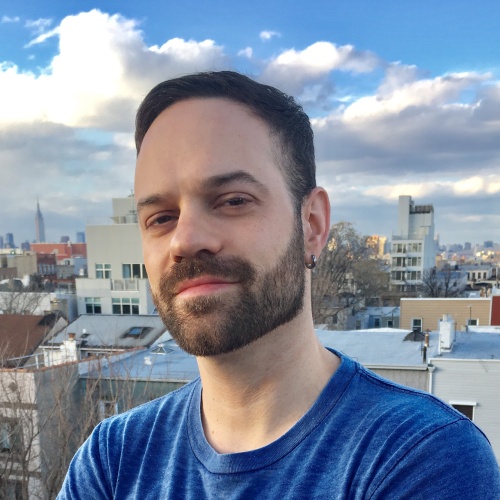Koch influence on Southern schools remains in the spotlight

Right-wing industrialist Charles Koch's efforts to reshape higher education in the South were the topic of a Georgia Public Broadcasting talk show this week. (Koch image from YouTube; background image of the George Mason University building that houses the Koch-funded, free-market-focused Mercatus Center by Ron Cogswell.)
A recent Facing South investigation revealed that right-wing industrialist Charles Koch gave more than $108 million to 366 colleges and universities between 2005 and 2014, with 85 percent of that money going to schools in the South.
Those revelations were a topic this week on Georgia Public Broadcasting's On Second Thought radio talk show hosted by Celeste Headlee. I was one of the guests along with Scott Jaschik, co-founder and editor of the Inside Higher Ed website.
The Koch money has funded academic programs, scholarships, professorships, conferences, lecture series, and economics centers, all for the purpose of promoting the free-market agenda embraced by Koch and his brother David, owners of the Koch Industries oil and chemical conglomerate. While other wealthy Americans, such as conservative businessman and Houston Texans owner Robert McNair and liberal financier George Soros, have donated big sums to universities, none match Charles Koch's sharp focus on promoting a particular ideology within the academy.
Jaschik and I noted that Koch donations are unique because of the strings attached to the money. For example, the Charles Koch Foundation stipulated in its multimillion-dollar donor agreement with Florida State University's economics department that the foundation take part in hiring decisions and that the department teach free-market-focused classes. Jaschik pointed out that while it's common for a foundation to sponsor a professorship or an academic center, funding specific branches of thought within a discipline — such as free-market economics — raises ethical issues of donor control.
Headlee brought up the Koch brothers' $25 million donation to the United Negro College Fund. Most of that money went toward a scholarship program whose advisory board included two members representing the Charles Koch Foundation. Jaschik said it's unusual for donors to participate in a scholarship selection process and that the arrangement has been widely criticized.
I also discussed the resistance to the Koch funding, primarily by the students and alumni who make up UnKoch My Campus. The activist group has helped shed light on Koch donations at schools such as Florida State University and Suffolk University, which recently severed ties with the Charles Koch Foundation. Their work around transparency is particularly important since obtaining details on contributions through Freedom of Information Act requests can often prove lengthy and costly.
Listen to the show here:
Tags
Alex Kotch
Alex is an investigative journalist based in Brooklyn, New York, and a reporter for the money-in-politics website Sludge. He was on staff at the Institute for Southern Studies from 2014 to 2016. Additional stories of Alex's have appeared in the International Business Times, The Nation and Vice.com.
